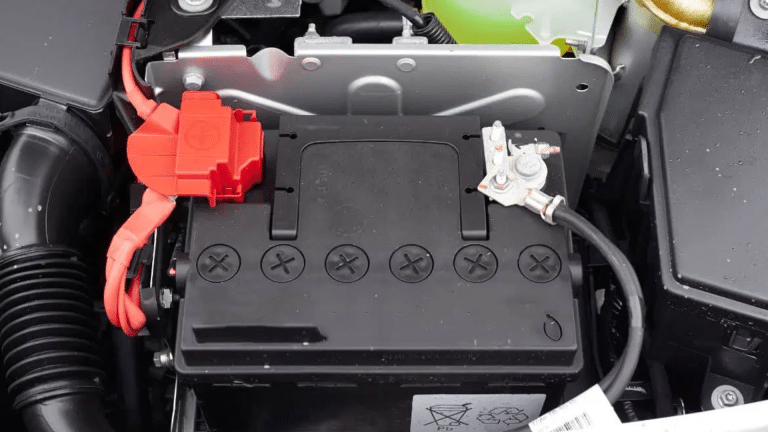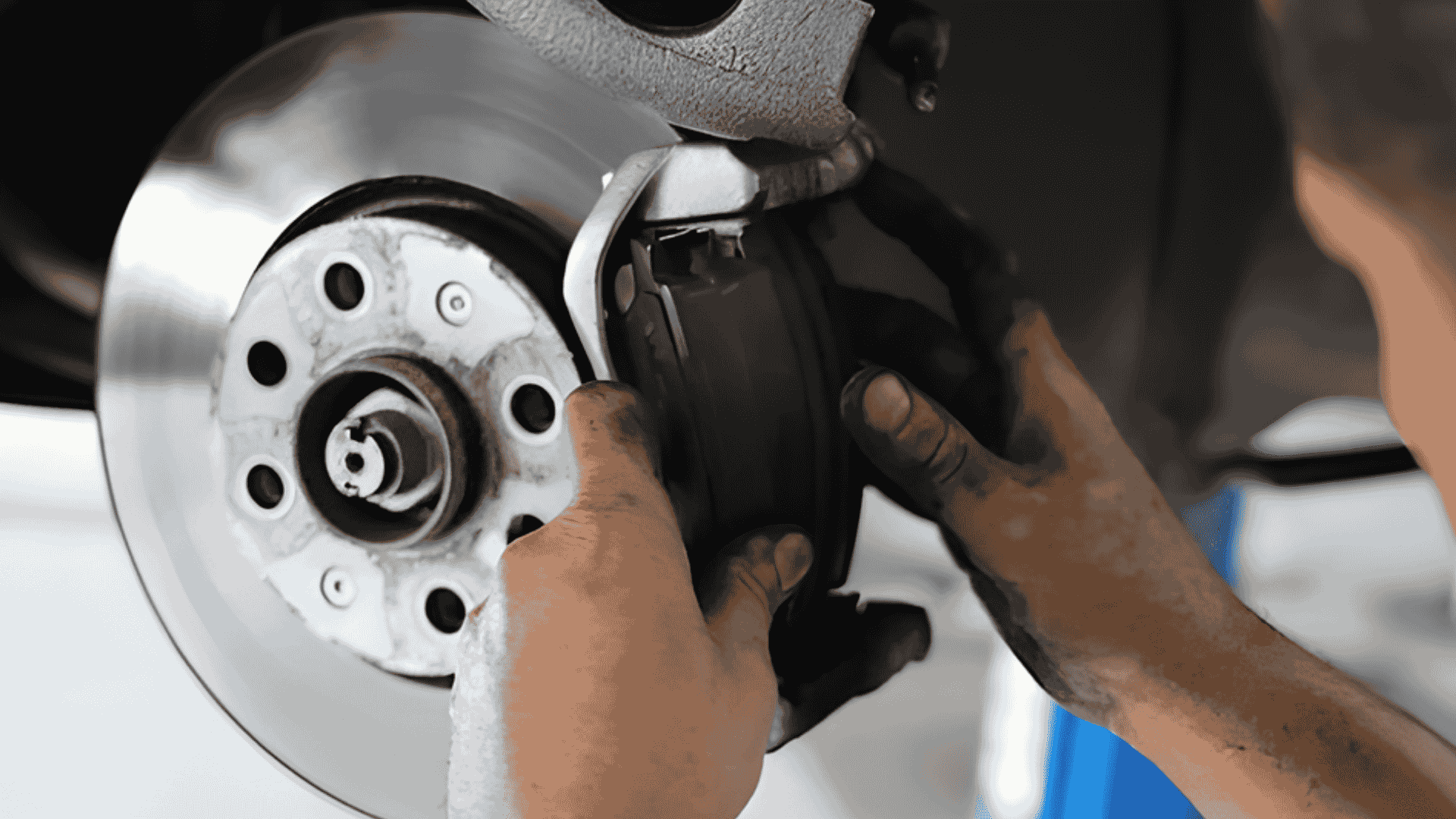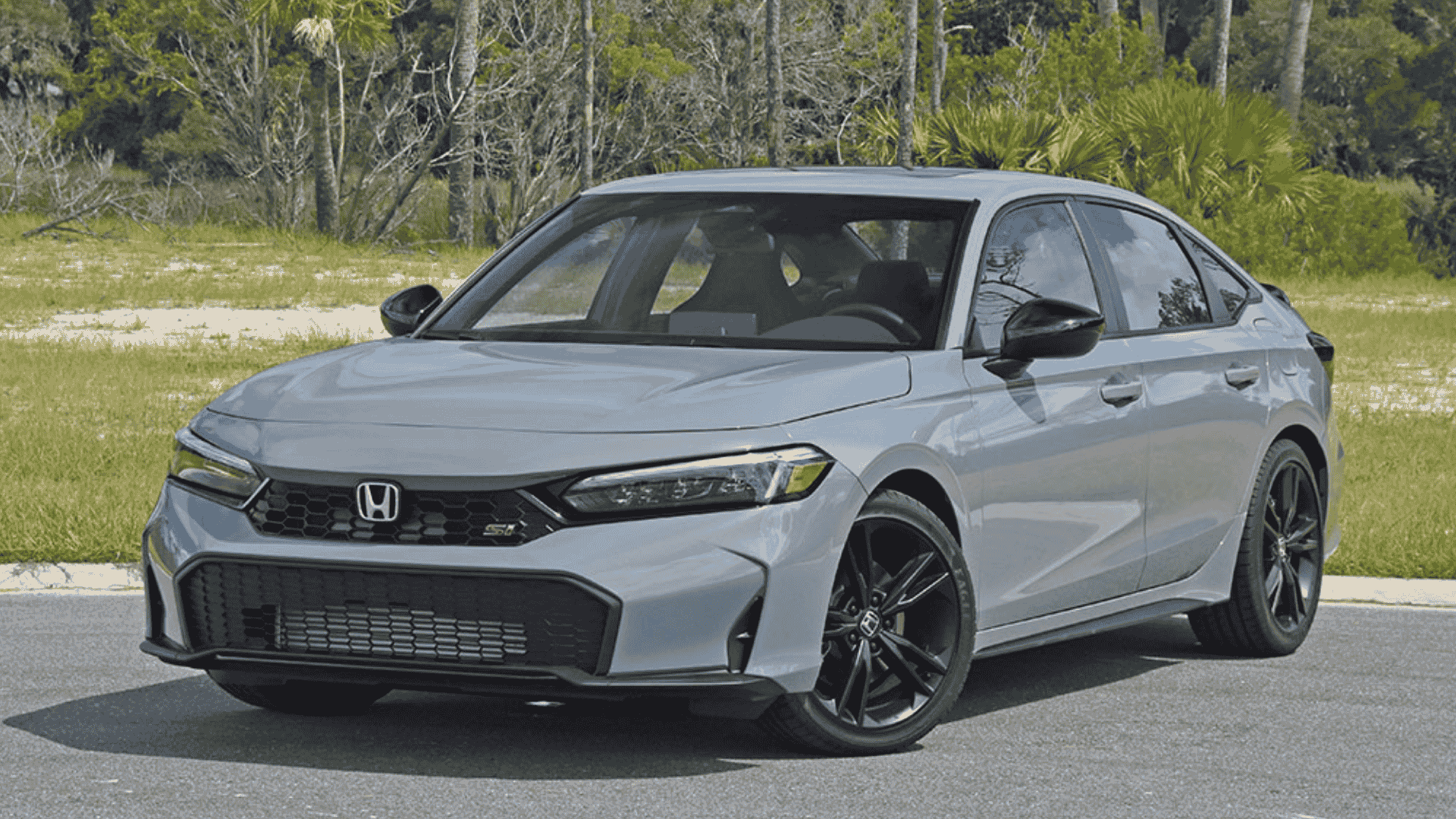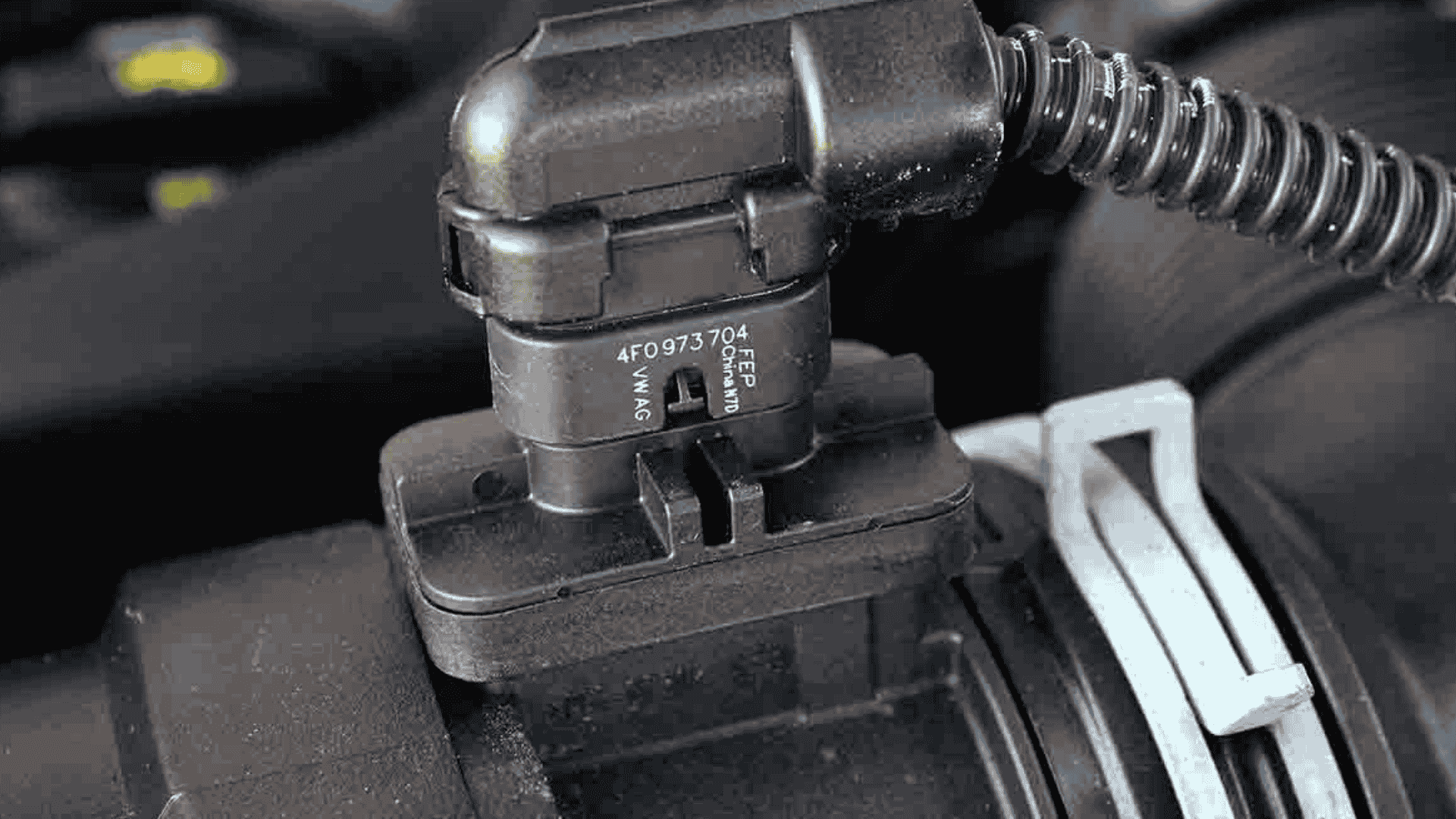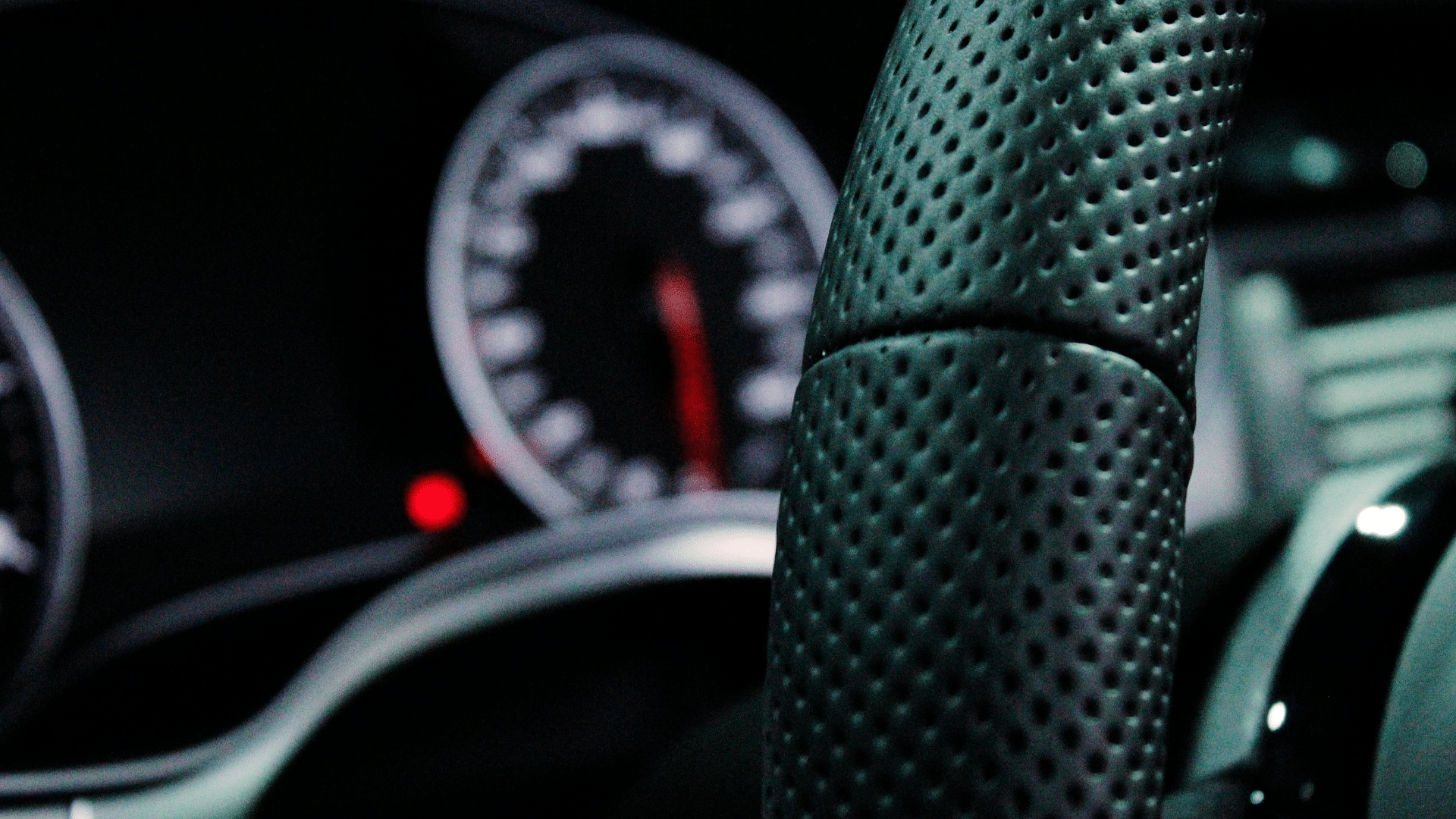When it comes to replacing a car battery, knowing how much it will cost can be a bit tricky. I’ve been there, trying to figure out what factors affect the price and how to get the best deal.
Car battery prices can vary depending on the type of battery, your car model, and where you live. But don’t worry – I’ll break it all down for you.
In this post, you’ll learn about the different types of car batteries, how much they usually cost, and tips on how to save money.
If you’re replacing your battery yourself or getting help from a mechanic, you’ll find all the info you need here.
Understanding the Factors That Affect Car Battery Prices
Car battery prices aren’t the same for everyone. Several things play a role in how much you’ll pay.
- Battery Type: Lead-acid batteries are cheaper, while AGM or lithium-ion batteries cost more.
- Car Model: Some cars need special batteries, which can drive up the price.
- Brand: Well-known brands usually cost more because they’re trusted to last longer.
- Where You Live: Prices can change depending on your location due to local demand and availability.
In the end, knowing these factors helps you understand why prices vary. Look for a battery that fits your car and your budget.
A Breakdown of Car Battery Costs by Type
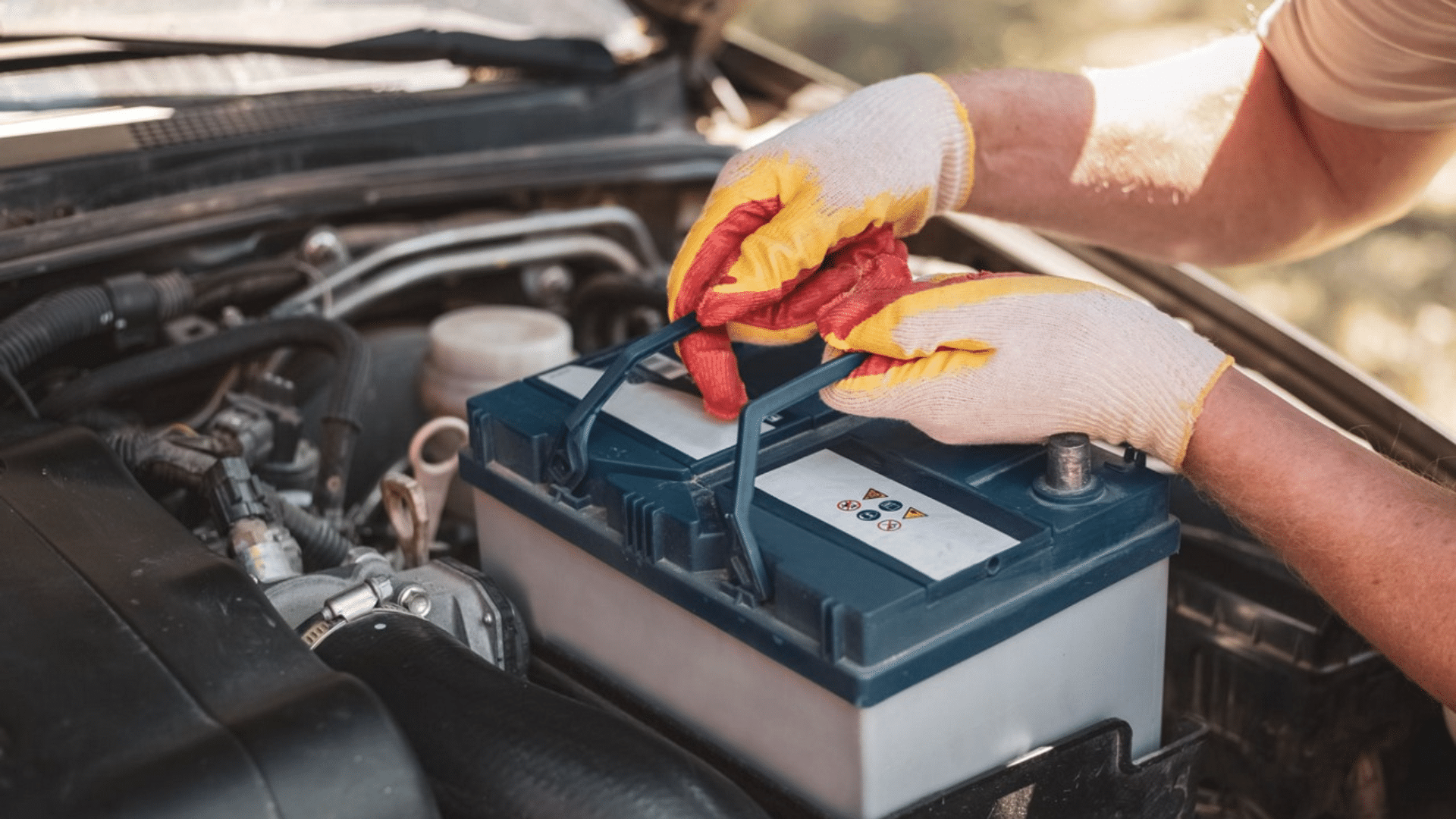
Different types of car batteries come with different price tags. Here’s a quick look at what you can expect to pay based on the type of battery you choose.
1. Lead-Acid Batteries
Lead-acid batteries are the most common type used in cars, especially older models and economy vehicles. They typically range from $50 to $150, making them an affordable option.
While they are widely available and easy to find, their lifespan is shorter compared to other battery types. Additionally, they tend to lose charge quickly in extreme temperatures, which can be a concern in colder climates.
2. AGM (Absorbent Glass Mat) Batteries
AGM batteries are more expensive, ranging between $120 and $250, but they offer significant advantages over lead-acid batteries.
They are designed for higher performance and last longer, making them ideal for luxury cars, sports cars, or vehicles with more advanced electrical systems.
AGM batteries also perform better in extreme weather conditions and are spill-proof, but their higher cost may be a drawback for budget-conscious buyers.
3. Lithium-Ion Batteries
Lithium-ion batteries are typically found in electric vehicles (EVs) and hybrid cars. These batteries are lightweight, have a long lifespan, and provide excellent performance.
However, they come with a hefty price tag, usually ranging from $200 to $400. Their high cost makes them less common in traditional gas-powered cars, but they are gaining popularity due to the rise of electric vehicles.
They are ideal for those seeking long-term performance and efficiency.
4. Gel Batteries
Gel batteries are a great option for cars that require a stable and reliable power source, particularly in extreme conditions.
These batteries range from $150 to $300 and are known for their ability to handle deep cycling and extreme temperatures.
They are often used in recreational vehicles (RVs) and boats. However, they are more expensive and harder to find compared to other types, which may make them a less practical option for everyday car owners.
Quick Comparision
| Battery Type | Average Cost Range | Pros | Cons |
|---|---|---|---|
| Lead-Acid | $50 – $150 | Affordable, widely available | Shorter lifespan, less efficient |
| AGM (Absorbent Glass Mat) | $120 – $250 | Longer lifespan, better performance | More expensive, heavier |
| Lithium-Ion | $200 – $400 | Lightweight, long-lasting | Very expensive, not as common |
| Gel Batteries | $150 – $300 | Good for extreme conditions | More expensive, harder to find |
Choosing the right battery type depends on your car’s needs and your budget. Make sure to weigh the pros and cons before making a decision.
DIY vs. Professional Car Battery Replacement
When your car battery dies, you might wonder whether to replace it yourself or hire a professional. Both options have their pros and cons, depending on your skills, time, and budget.
DIY Car Battery Replacement
Replacing a car battery yourself can save you money, but it requires the right tools and some basic knowledge.
If you’re comfortable working under the hood, it can be a simple task. You’ll need a wrench, gloves, and safety glasses. The process involves disconnecting the old battery and installing the new one.
If you’re confident in your skills, DIY replacement can be an easy way to avoid labor costs.
Professional Car Battery Replacement
Hiring a mechanic is a good choice if you’re unsure about replacing the battery yourself.
While it costs more, professionals ensure everything is done correctly and may offer a warranty on the battery and installation. If you prefer convenience and peace of mind, a professional replacement is a safe option.
In the end, it’s up to you whether you choose the DIY route or call a pro. Consider the time, cost, and your comfort level with car repairs before deciding.
Expert Opinions & Emerging Trends in Car Batteries
Experts in the automotive and energy industries are noticing some exciting changes in car battery technology.
One of the biggest trends is the shift towards lithium-ion batteries, which are becoming more popular due to their longer lifespan and better performance, especially in electric vehicles (EVs).
These batteries are lighter, last longer, and offer higher efficiency compared to traditional lead-acid batteries.
Another emerging trend is the focus on sustainability, with more manufacturers working on eco-friendly battery options and improving battery recycling methods.
As the demand for electric vehicles continues to grow, we can expect even more advancements in battery technology, making them more affordable and environmentally friendly.
How to Save on Car Battery Costs
Replacing a car battery can be expensive, but there are ways to save without compromising on quality. With a little planning, you can find the right battery for your car without breaking the bank.
- Shop Around: Compare prices at different stores and online retailers.
- Look for Discounts: Many stores offer promotions or seasonal sales.
- Check Your Warranty: Some car warranties cover battery replacement.
- Install It Yourself: If you’re comfortable with basic car maintenance, installing the battery yourself can save you labor costs.
By keeping these tips in mind, you can save money and still get a reliable battery that meets your needs.
Conclusion
Understanding the factors that influence car battery prices helps you make an informed decision when it’s time to replace yours.
I’ve covered the different battery types, the costs associated with each, and the choice between DIY and professional replacement.
Remember, shopping around, looking for discounts, and considering installation options can save you a lot of money.
I recommend taking the time to choose the right battery for your car’s needs to ensure it lasts longer and performs better.
Whether you choose to replace the battery yourself or hire a professional, knowing the costs and options available will help you make the best decision for your budget and your car’s performance.


